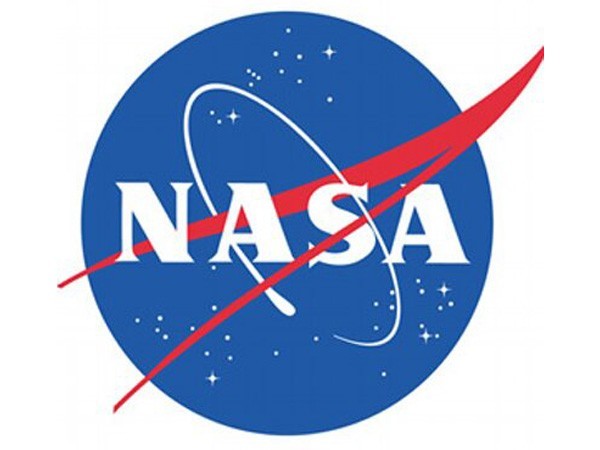Science News Roundup: NASA completes major test on rocket; Space and sea explorer dives to deepest point on Earth and more

Following is a summary of current science news briefs.
Space and sea explorer dives to deepest point on Earth
Space and sea explorer Richard Garriott is the first person in the world to have explored the North Pole, the South Pole, flown to the International Space Station, and descended to the deepest point on Earth - the Mariana Trench. "It is literally the deepest place on Earth," Garriott, a video game developer, told Reuters on Thursday. "It is almost 11,000 meters of seawater deep - that is deeper than Mount Everest is high above sea level, by a couple of thousand meters at least."
Biden picks ex-U.S. Senator Nelson as NASA chief: White House
President Joe Biden has tapped former U.S. senator and astronaut Bill Nelson to lead the National Aeronautics and Space Administration, the White House said in a statement on Friday. Nelson, a Democrat from Florida - home to NASA's Kennedy Space Station in Cape Canaveral - must secure U.S. Senate approval to be confirmed in the post.
NASA completes major test on rocket that could take humans back to the moon
Aerospace firms on Thursday credited NASA with a successful test of engines on a Boeing-built rocket for Artemis missions that aim to return U.S. astronauts to the moon by 2024, more than half a century since the last lunar walk. NASA simulated a launch by firing the engines of the core stage of the Space Launch System (SLS) rocket while it was anchored to a tower at its Stennis Space Center in Mississippi.
Russia postpones Soyuz-2.1a rocket launch to Sunday: RIA
Russia has postponed the launch of its Soyuz-2.1a rocket to Sunday, state news agency RIA quoted Roscosmos space agency Director General Dmitry Rogozin as saying on Saturday. Rogozin said the decision to postpone from Saturday was made after a voltage spike ahead of the planned launch from the Baikonur Cosmodrome in Kazakhstan, RIA reported. No virus variants can evade all antibody types, so far;
new variants can infect mice
The following is a roundup of some of the latest scientific studies on the novel coronavirus and efforts to find treatments and vaccines for COVID-19, the illness caused by the virus. No variants escape all types of antibodies, so far
Australia's science agency ramps up security on foreign partnerships
Australia's science agency will screen collaborations with foreign partners for national security risks using a new digital tool that vets by country, looking for potential political interference and human rights abuses, officials said on Friday. The Commonwealth Scientific and Industrial Research Organisation (CSIRO) outlined the increased security measures to a parliamentary intelligence and security committee. The changes come against the backdrop of increasing diplomatic tensions between Australia and China, its top science partner.
(With inputs from agencies.)










